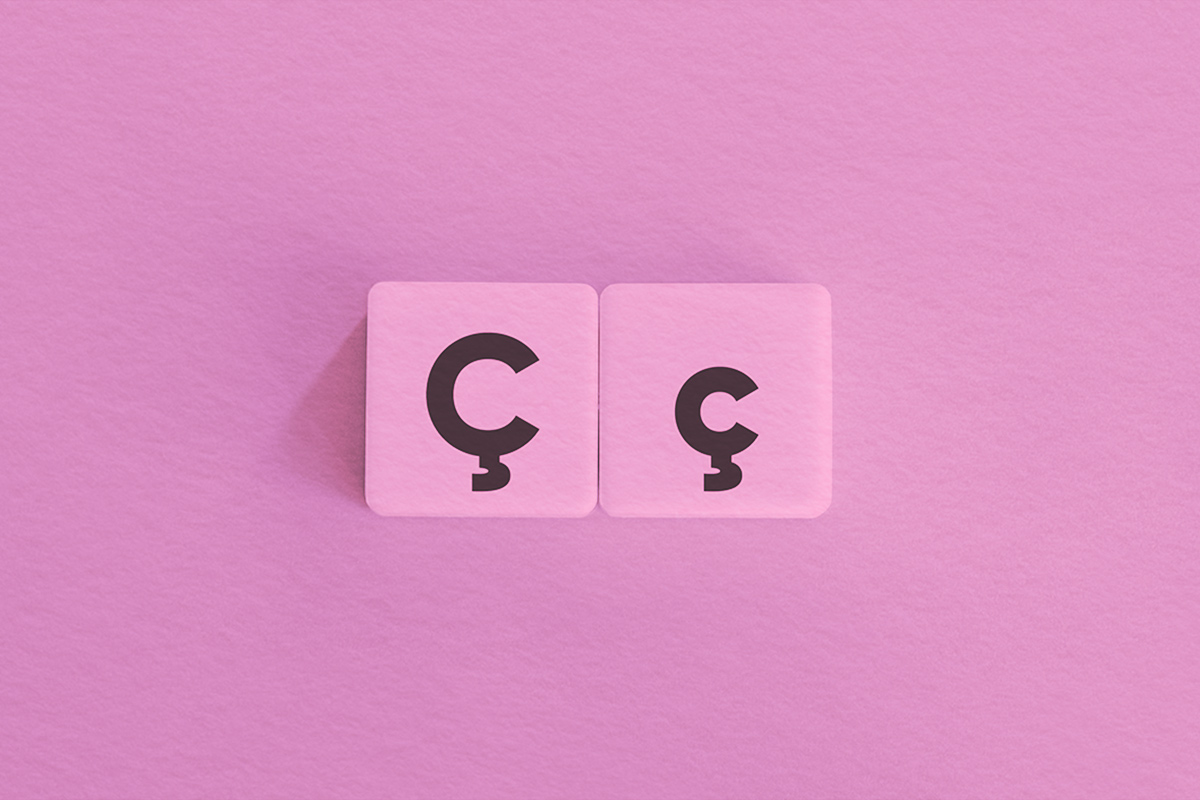
English is full of sentences that sound awkward but are grammatically correct. Consider trying to untangle the mind-bending “Buffalo buffalo Buffalo buffalo buffalo buffalo Buffalo buffalo.” (Hint: “Buffalo” has three distinct meanings and functions as a noun, proper noun, and verb in this riddle.) Then there are phrases that sound OK, but are actually grammatical errors. These mistakes are easier to catch when writing, and more difficult to recognize when someone is speaking (for example, “intensive purposes” vs. “intents and purposes”). One of the biggest culprits of the “easy to mishear” swap comes with contractions and prepositions; we’re saying one thing, but people are hearing another.
Consider the contraction “could’ve.” “Could” implies both possibility and willingness. It often acts as a helper verb, which means it’s paired with a second verb to make the sentence clearer. For example, “I could go to the dance” implies a chance of attending the dance. But let’s imagine you missed that opportunity and you’re telling a friend about it. You might say, “I could of gone to the dance.” But wait — that’s only what it sounds like. The proper construction of the sentence is “I could’ve gone to the dance,” where “could’ve” is a contraction of “could” and “have.”
As already noted, “could” requires a second verb so that it can make grammatical sense. This is why we need “have” instead of “of” — the latter may sound similar, but it’s an incorrectly used preposition. The contraction “could’ve” sounds very similar to “could of,” and while it may be near impossible to discern between the two if you’re speaking, swapping them will make a big difference in writing.




















